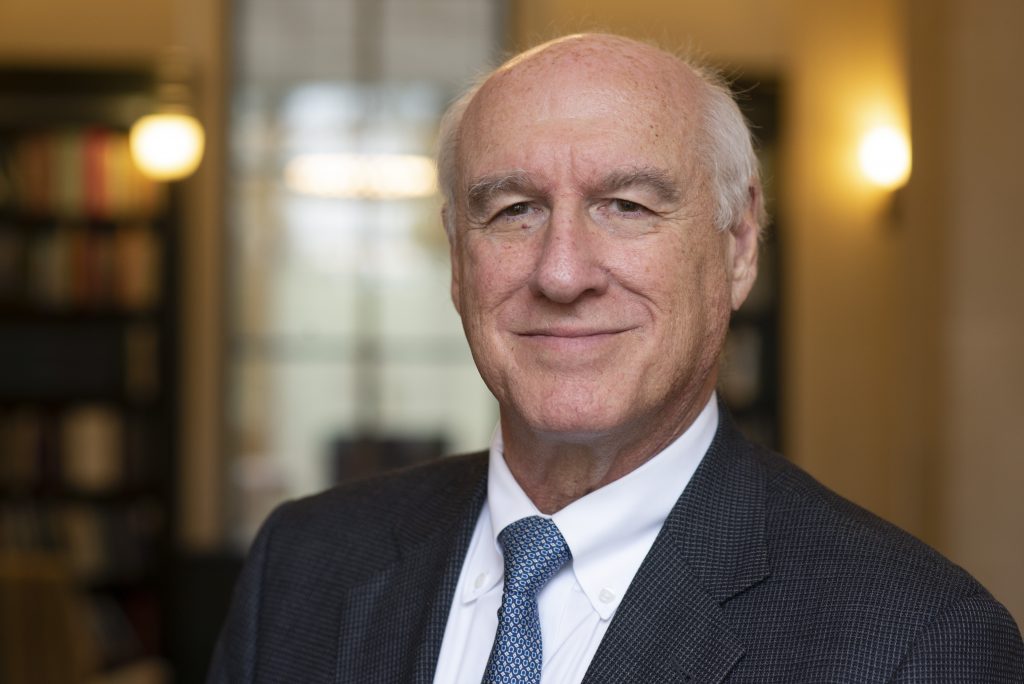
The National Institutes of Health has awarded Myron Cohen, MD, director of UNC’s Institute for Global Health and Infectious Diseases, and FHI 360 $9.2 million to support research through the new COVID Prevention Network (CoVPN). The National Institute of Allergy and Infectious Diseases at the National Institutes of Health has formed the network to better coordinate the national research response to the global pandemic. The COVID network aims to enroll thousands of volunteers in large-scale clinical trials testing a variety of investigational vaccines and monoclonal antibodies intended to protect people from COVID-19. Cohen is focusing on monoclonal antibodies, which have the potential to both treat and prevent COVID-19 by neutralizing and limiting viral progression.
Watch JAMA video on monoclonal antibodies
The COVID Prevention Network maximizes the strength of four existing clinical trials networks established to study HIV prevention: the HIV Prevention Trials Network based at Family Health International in Durham, N.C., where Cohen serves as co-principal investigator; the HIV Vaccine Trials Network based in Seattle; the Infectious Diseases Clinical Research Consortium based in Atlanta; and the AIDS Clinical Trials Group based in Los Angeles. The networks will continue to perform clinical trials for HIV vaccine and prevention and other infectious diseases in addition to their new COVID roles. Leading the COVID Prevention Network are Larry Corey, MD, of the University of Washington; Kathleen Neuzil, MD, MPH, FIDSA, of the University of Maryland (co-PIs), David Stephens, MD, of Emory University; and Cohen.
“Establishing a unified clinical trial network is a key element of Operation Warp Speed, which aims to deliver substantial quantities of a safe, effective vaccine by January 2021,” says Alex Azar, secretary of Health and Human Services. “This new network will leverage existing infrastructure and engage communities to secure the thousands of volunteers needed for late-stage clinical trials of promising vaccines.”
“Having a safe and effective medical countermeasure to prevent COVID-19 would enable us to not only save lives but also help end the global pandemic,” says NIAID Director Anthony Fauci, MD. “Centralizing our clinical research efforts into a single trials network will expand the resources and expertise needed to efficiently identify safe and effective vaccines and other prevention strategies against COVID-19.”
The network will use a harmonized vaccine protocol developed by the Accelerating COVID-19 Therapeutic Interventions and Vaccines (ACTIV), a public-private partnership. This will enable analyses of correlates of protection across multiple vaccine trials. The network is expected to operate more than 100 clinical trial sites across the United States and internationally.
The network has developed an extensive community engagement framework to reach out to potential research volunteers and explain the specific details involved in participating in a vaccine or monoclonal antibody clinical study. “Each of the Phase 3 clinical trials that the CoVPN will conduct will require thousands of volunteers,” says NIH Director Francis Collins, MD. “Community engagement, particularly with the communities most vulnerable to COVID-19’s severe outcomes, will be critical to the success of this research endeavor.”
